Propane Safety Information
Great Service | Free Quotes | Local Employees
Great Service
Free Quotes
Local Employees
Important Safety Information to Abide By
If you smell gas (an odor similar to rotten eggs or sulphur) or if you think you may have a gas leak, EXIT THE PREMISES IMMEDIATELY and contact High Sierra Propane by calling (530) 291-1099 or 911 for emergency assistance from a telephone outside the home.
Stay away from the property until a trained professional gives you an all-clear. Gas leaks can be a life-or-death situation and must be taken very seriously.
If You Suspect a Gas Leak
- Contact us at (530) 291-1099 or 911 for emergency assistance.
- Put out any open flames and ignition sources. DO NOT USE ANY APPLIANCES.
- Everyone must exit the house right away.
- Shut off the gas to the house at your main supply valve on your propane tank(s).
- Stay away until a trained professional gives you the all-clear.
- Have your propane system inspected for the cause of the leak.
Getting Your Propane System Inspected
General Precautions When Using Propane
Propane tanks are considered full when the gauge reads 80% (the empty 20% allows for expansion of the propane vapor). If the gauge reads below 20%, contact us right away at
(530) 291-1099 for a delivery.
How to Read a Tank Gauge
Shutting Off Your Propane Tank
If you think your portable propane tank or grill tank is leaking and it is safe to turn off the tank valve, turn it to the right (clockwise). If you are unable to turn off the valve, leave the area and
dial 911 or call your local fire department. Before you use the grill again, have a qualified professional inspect your grill and tank.
How to Turn Your Tank Off
Propane Tank Storage
Storing propane tanks outdoors is safe, but it is best to choose a spot that is away from living areas. Make sure that the gas valve is in the OFF position when storing your tank and
NEVER store your propane tank inside your home or vehicle. ALWAYS store the tanks in an upright position on stable surfaces.
Propane is not affected by freezing temperatures. In very hot weather, propane tanks can still be stored outdoors on a stable surface. Store tanks in locations not in direct sunlight for extended periods of time. Do not expose the tank to temperatures at or above 120°F (49°C).
- NEVER STORE YOUR TANK ON ITS SIDE OR UPSIDE DOWN
- Always ensure that the gas valve is in the OFF position when storing your tank
- Never store your propane tank inside your home or vehicle
Handling and Transporting Small Cylinders
Pilot Light
Re-lighting your pilot light can be dangerous. Follow the manufacturer’s instructions and warnings concerning the appliance. Contact a trained professional or our customer service team for further guidance.
When You Are Away From Home
If you are going to be away from your home for an extended period of time, consider shutting off all of your propane supply valves, including the main supply valve on your propane tank and the gas supply valves on each appliance.
When you return,
IT IS CRITICAL THAT YOU CALL US
to conduct a leak check before your propane supply is turned back on. After we confirm there are no leaks, we can also re-light your pilot lights if you need help.
Extreme Weather Conditions
In extreme heat and resulting dry conditions make sure the 10-foot radius around your propane tank and your propane grill is clear of any dry materials that could ignite.
In a flood or stormy conditions with very high winds, propane tanks can shift damaging gas lines and the tanks themselves. A large propane tank can float away hitting objects its path.
Water and debris can find their way inside regulators and controls, causing potential safety issues. If you question the safety of the current conditions, leave the area immediately, alert us and have your property inspected by a trained professional before re-entering. Take a moment to educate yourself with the videos and PDFs below.
Wildfires
Tornados
Floods
Winter Storms
Carbon Monoxide
To reduce the risk of carbon monoxide, have a trained professional check your appliances and venting systems regularly.
On a regular basis:
- Keep chimneys, flues and vents are free of debris including leaves, animal nests, snow and ice and other obstructions.
- Follow the manufacturer’s instructions for the placement and use of vent-free appliances, including fireplaces and logs.
- Make sure you have a UL-listed carbon monoxide detector on every level of your home.
- Make sure your chimney flue damper (if equipped) is always open when you use your fireplace.
- NEVER use a gas oven or stove burners for space heating.
- NEVER use outdoor portable heaters inside unless they are designed and approved for indoor use.
- NEVER use a barbecue grill (propane or charcoal) indoors for cooking or heating.
- NEVER
operate a propane-fueled piece of equipment (lawn mower, generator or snow blower) in enclosed areas, including your garage.


Share On: